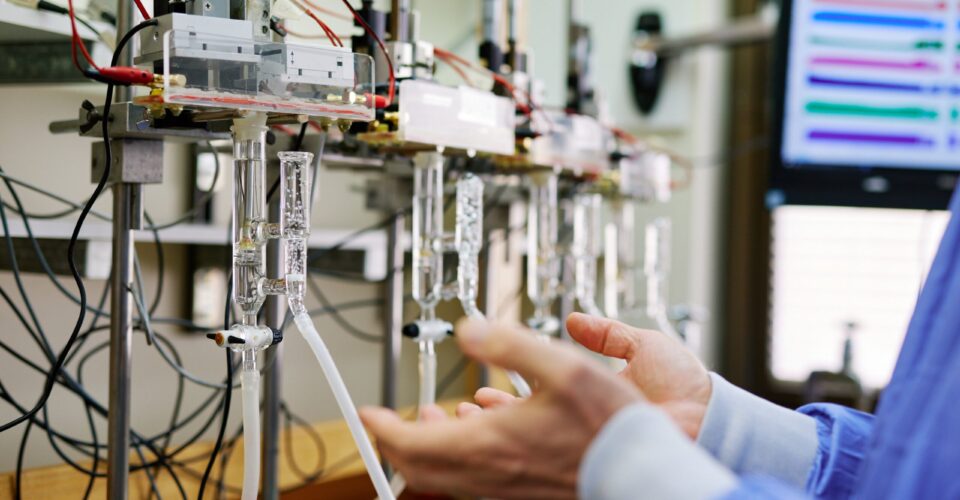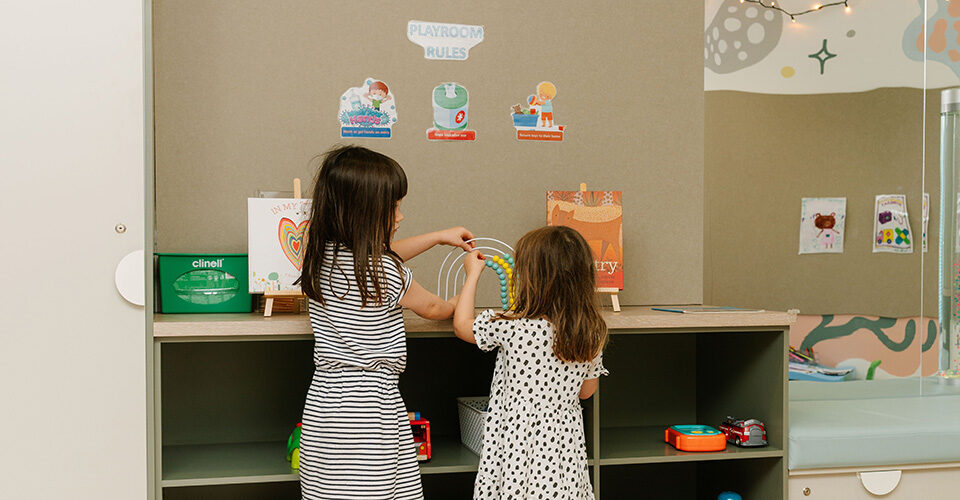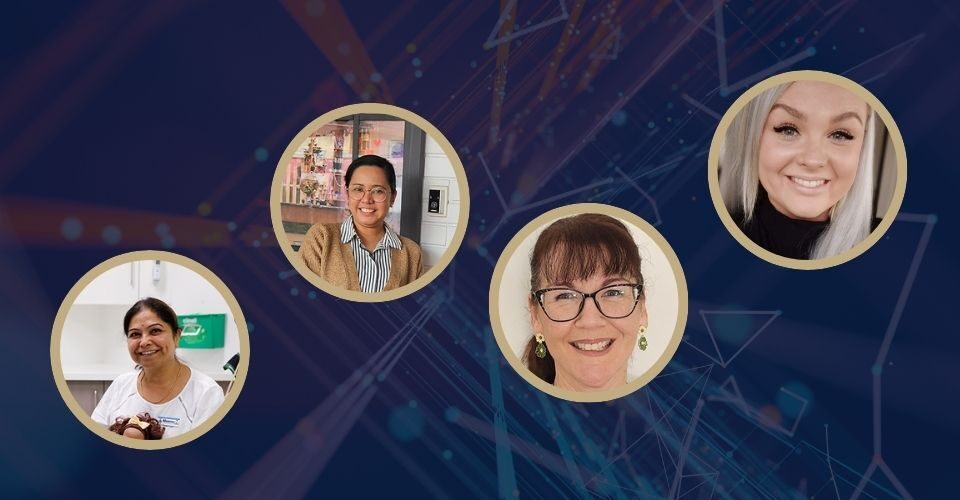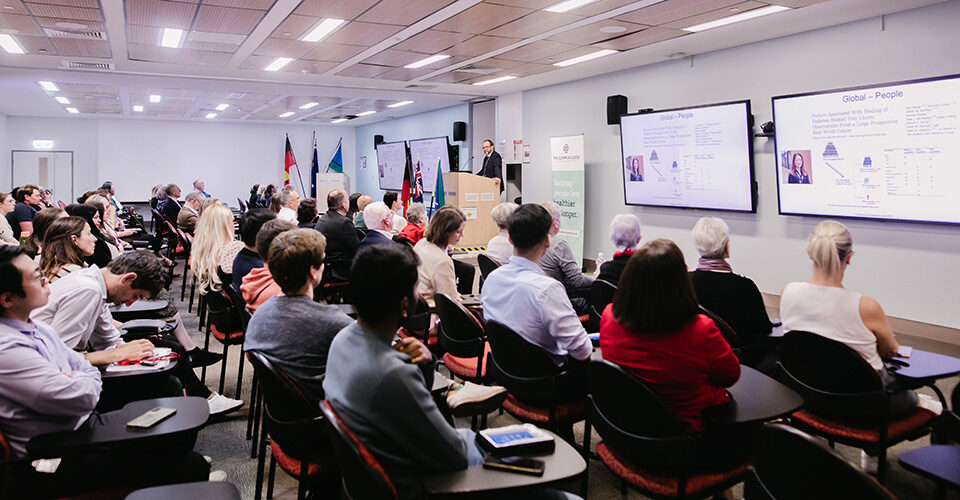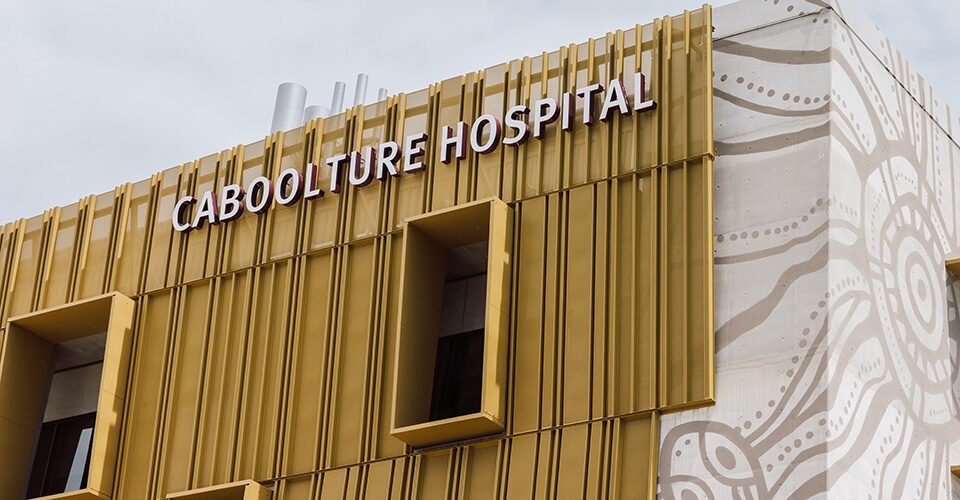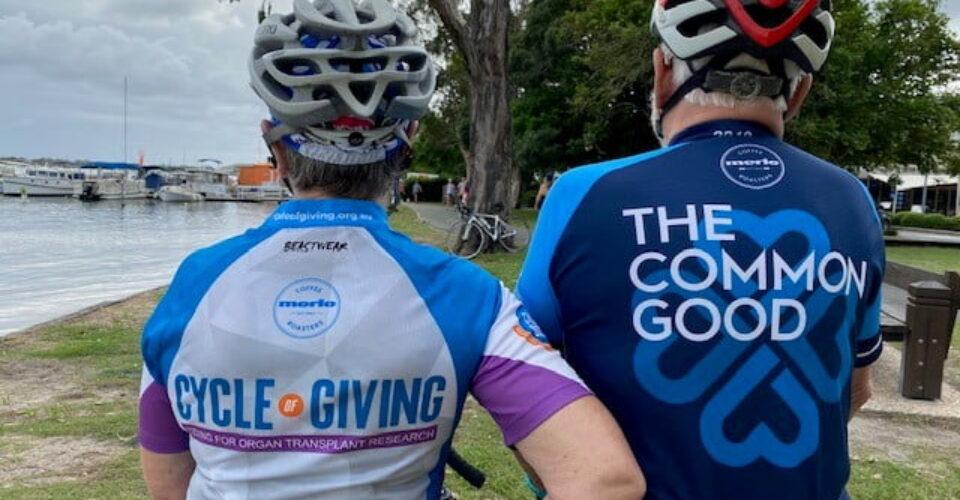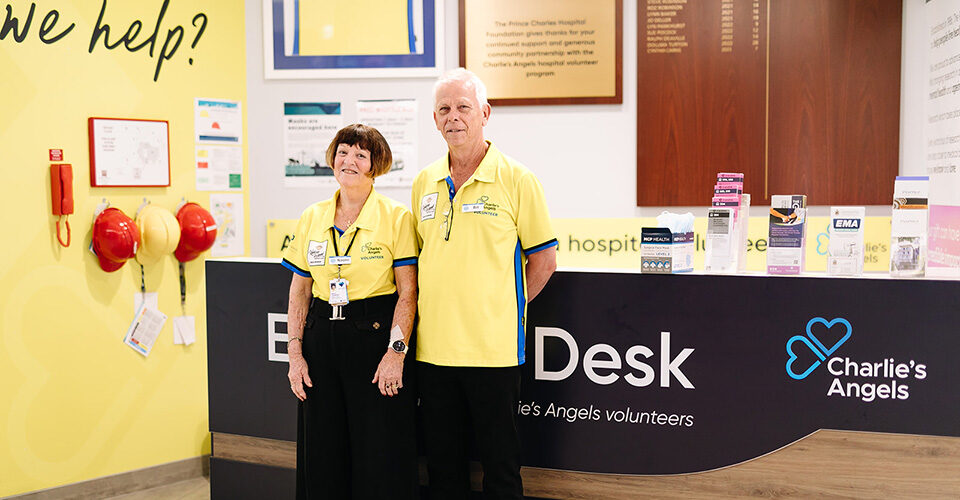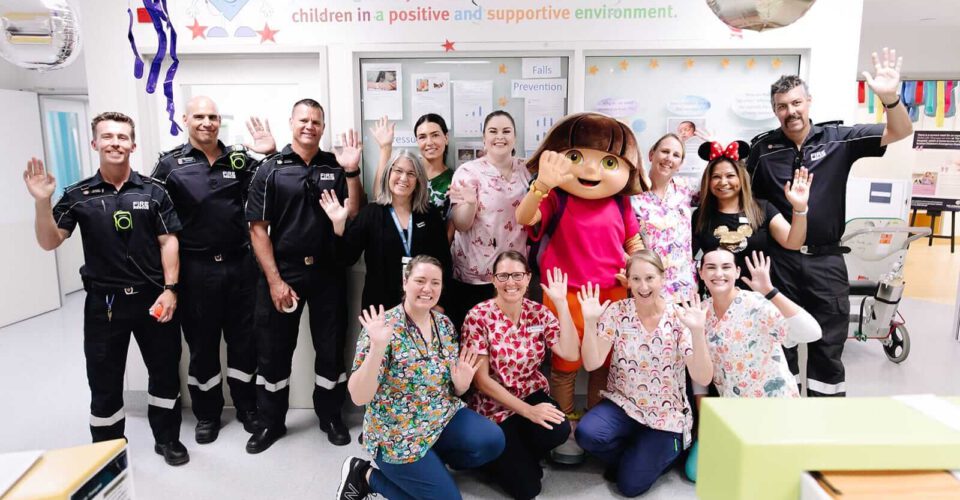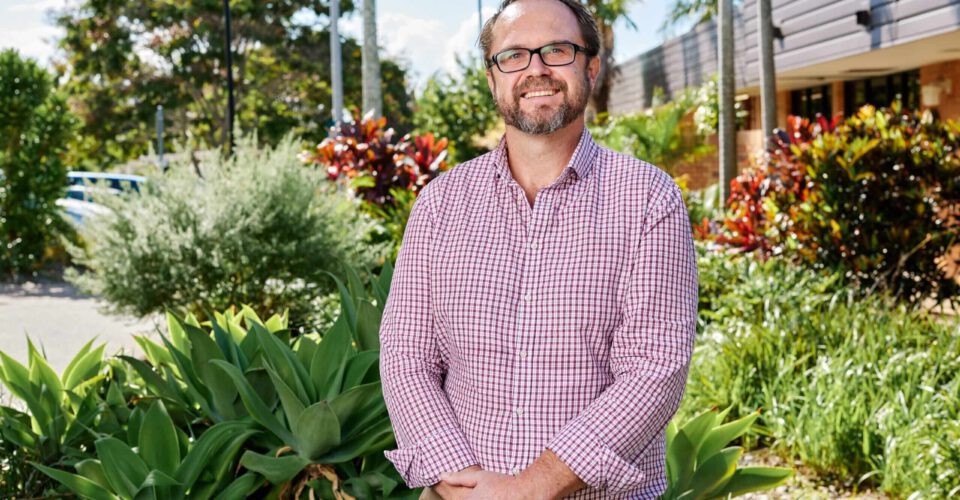At The Prince Charles Hospital Foundation, we have the privilege of supporting researchers who are trying to make a positive impact in their field and ultimately trying to improve health outcomes for people here and across the globe.
This is an honour we don’t take lightly.
In 2023, we awarded 38 research grants, including 2 PhD Scholarships, 2 Research Fellowships, 13 New Investigator Grants and 9 Innovation Grants.
We also celebrated the completion of 15 research grants this year.
Below, we give a brief overview of three of those grants and share some of their most notable outcomes.
Snapshot of three Research Grants Completed in 2023
1. Viral triggers for idiopathic pulmonary fibrosis?
Type of grant: Innovation grant
Researchers: Dr Simon Apte, Dr David Warrilow, Professor Daniel Chambers
The aim of this project was to investigate whether a chronic viral infection may drive idiopathic pulmonary fibrosis (IPF).
Cutting-edge technologies were used to look for every known virus in lung samples collected from IPF patients, and compared to non-IPF controls.
Outcomes/Impacts
- Found that herpes viruses are prevalent in the lungs of patients with IPF, particularly Human Herpes Virus 6 (HHV6)
- This has led to new collaborations with oncologists, pathologists and researchers across Metro North and the University of Queensland
- Suggests that anti-viral medications may be a useful treatment for some patients.
2. Swallowing sounds in premature babies (SUPERB) study.
Type of grant: Caboolture Kilcoy Woodford grant
Researcher: Dr Thuy Frakking
Functional swallowing skills are essential for infant nutritional intake, growth and development.
However, there is a high incidence of swallowing impairment in infants with neurological and medical complexities.
Poor detection of swallowing impairment often leads to unplanned presentations to emergency departments for short-term tube feeding and long-term reliance on trained paediatric speech pathologists and specialists to provide ongoing management.
Timely and repeatable access to the accurate assessment of swallowing impairment is crucial in improving healthcare outcomes.
Outcomes/Impacts
- This project developed a groundbreaking approach to accurately detect swallowing sounds in infants, offering a non-invasive method to monitor infant feeding and provide advice to mothers on whether to opt for bottle feeding if challenges arise during breastfeeding.
- This means that infants and children will no longer require exposure to ionising radiation via current X-ray swallow assessment. The test can be repeated several times, as required, and will lead to healthcare cost savings by eliminating the need for specialist equipment and personnel.
- It is hoped that the model, once validated in larger studies, could be made available globally.
3. A descriptive, exploratory study of mucosal pressure injury 4-year reported incidence and characteristics using a retrospective quality audit
Type of grant: New investigator grant
Researcher: Melanie Jüttner
Hospital-acquired pressure injuries (PI) are largely preventable and lead to poor patient outcomes.
Mucous membranes line the body cavities and are exposed to oxygen or the outside environment; for example, they line the eyes, mouth, nasal passages and respiratory tract.
To date, there has been a limited focus on mucosal PI.
Knowing the incidence, severity and characteristics of the PI is essential to provide the best preventive strategies, and to increase healthcare professionals’ awareness of the clinical issue.
Outcomes/Impacts
- This study showed that mucosal PIs are a significant problem, especially in the intensive care unit (ICU).
- The outcomes provide important data for clinical benchmarking in Australia and worldwide.
- This project has now been expanded to test an intervention to reduce mucosal PI harm from medical devices in the ICU.
Supporting Crucial Research through The Prince Charles Hospital Foundation
Our mission is to provide sustainable funding to researchers who are striving to help people live healthier for longer.
By donating today, you are giving the precious gift of time to these hard-working researchers. You are helping us to help them on their quest to make a difference for people we know and love.
Click here to learn more about the life-changing research we support.
